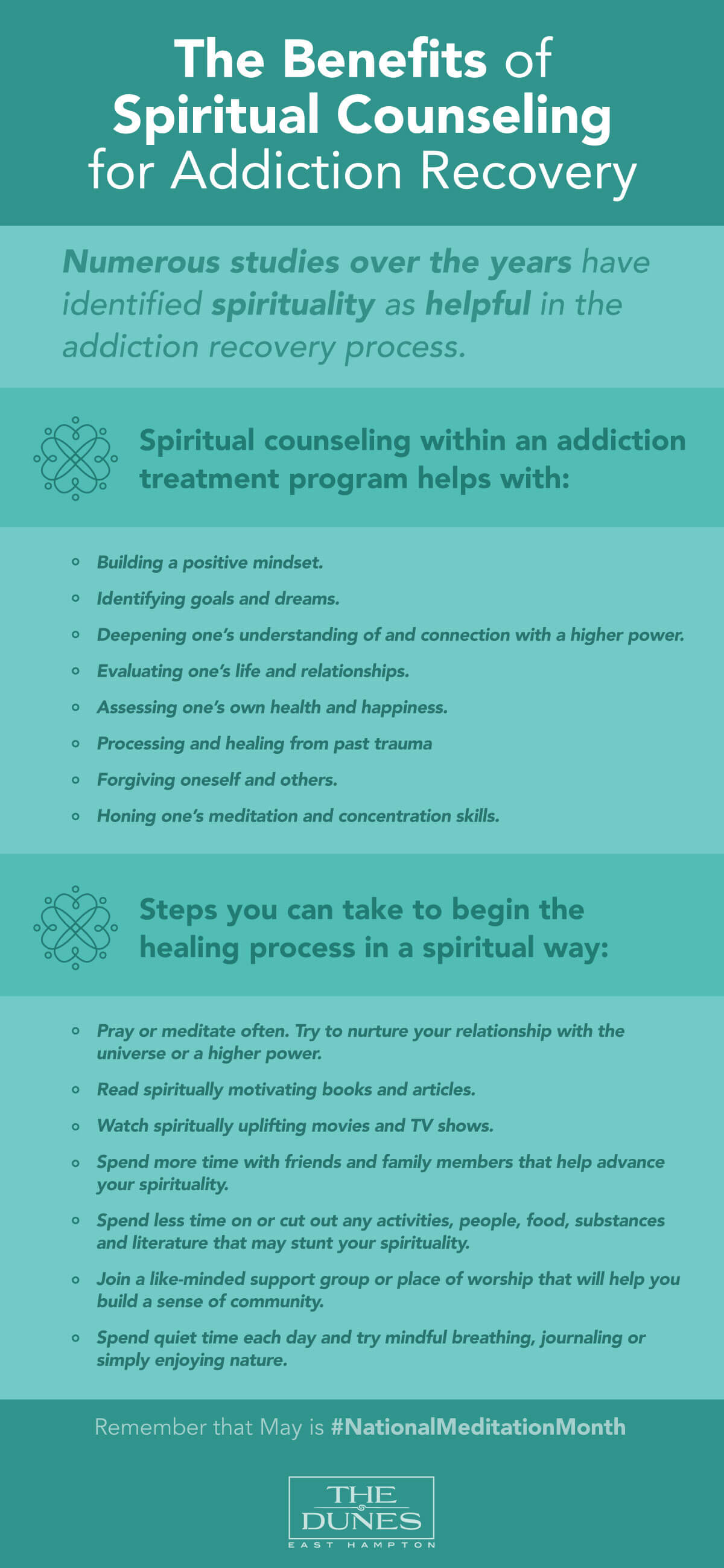Why Aftercare In Drug Rehabilitation Is Crucial For Long-Lasting Healing. Find Out Just How Support Group Can Assist You Remain Sober And Build A Satisfying Life
Why Aftercare In Drug Rehabilitation Is Crucial For Long-Lasting Healing. Find Out Just How Support Group Can Assist You Remain Sober And Build A Satisfying Life
Blog Article
Written By-Ennis Eriksen
You can not do it alone. Recovery from drug dependency calls for a solid support group.
The importance of aftercare in drug rehab can not be overstated. In this write-up, we will discover the duty of counseling, the benefits of treatment, and the structure offered by peer support system in maintaining soberness.
So, order a mug of coffee, relax, and allow us lead you with the critical steps of post-rehabilitation support.
The Duty of Therapy in Aftercare
If you want to maintain your soberness after leaving rehabilitation, it's important that you proceed joining counseling sessions as part of your aftercare strategy.
Counseling plays an important function in your recovery journey by providing ongoing assistance, support, and a safe room to reveal your sensations and concerns.
With counseling, you can attend to any type of underlying issues that may have added to your dependency, establish dealing approaches, and learn much healthier ways to manage tension and food cravings.
It allows you to overcome any unsettled emotions and create a much better understanding of on your own and your triggers.
The Benefits of Treatment in Keeping Sobriety
To maintain your sobriety, treatment can offer countless benefits.
- Treatment provides a risk-free area for you to check out and attend to the underlying concerns that might have added to your addiction.
- It enables you to work through your emotions and develop healthier means of managing anxiety and activates.
- Through treatment, you can gain a much better understanding of yourself and your patterns of habits, which can aid you make favorable adjustments in your life.
- In addition, therapy supplies you with a support system of experts that are trained to guide and assist you on your journey to recovery.
- They can supply valuable insights, tools, and techniques to aid you navigate the challenges that may emerge.
- In therapy, you can learn to develop healthy and balanced coping skills, build strength, and enhance your total wellness.
Peer Support Groups: A Foundation for Lasting Healing
You can find long lasting recovery by proactively joining peer support system and connecting with others who share comparable experiences and objectives.
Peer support groups provide a safe and non-judgmental space where people in recuperation can collaborate to share their struggles, successes, and insights. By actively taking part in these teams, you can receive the support and inspiration you need to remain on the course of recuperation.
Connecting with others who've undergone similar experiences can be exceptionally encouraging, as it assists you recognize that you aren't alone in your trip. It also permits you to gain from others who have actually successfully overcome comparable difficulties. With each other, you can celebrate turning points, hold each other accountable, and offer assistance and advice.
Through visit here , you can build a strong support system that will aid you navigate the ups and downs of healing and ultimately locate long lasting healing and transformation.
http://maple50salvatore.booklikes.com/post/6182638/locate-the-roadway-to-recovery-with-our-complete-guide-to-drug-rehab-programs-discover-the-different-options-and-start-your-trip-to-a-far-better-tomorrow 've found out about the vital function of aftercare in drug rehabilitation. Counseling, therapy, and peer support groups contribute to lasting healing. Here's a staggering fact to grasp the size of the problem: researches show that individuals that receive aftercare treatment are 50% most likely to preserve soberness contrasted to those who do not.
So, think of the transformative power of these support group in assisting people recover their lives and build a brighter, drug-free future.
